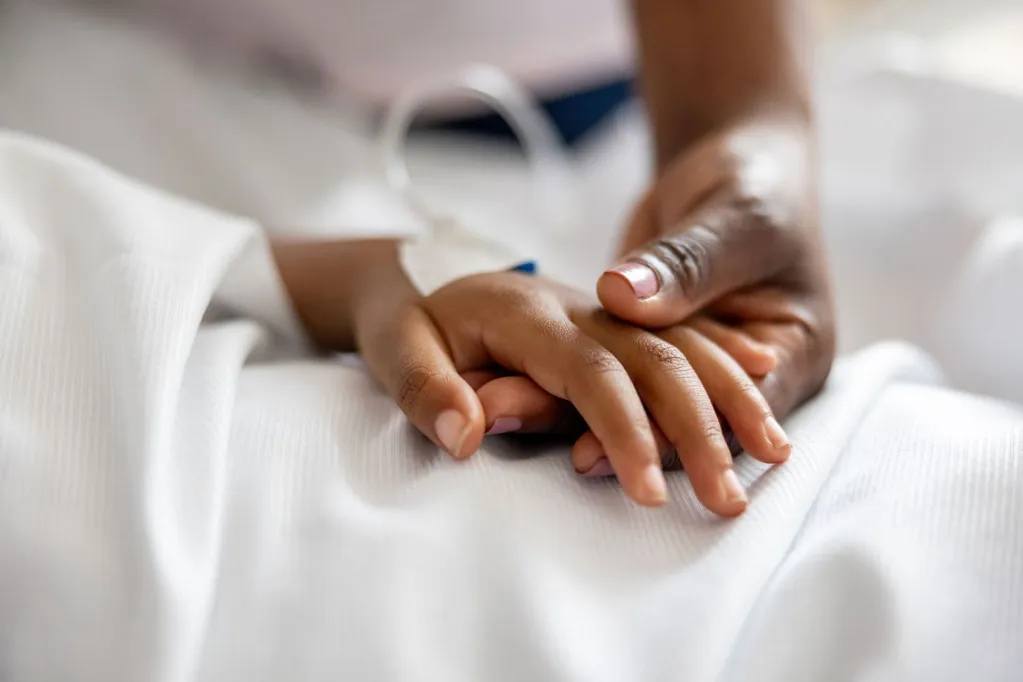Farihah, who had felt a "weird" feeling in her leg and was having trouble walking, was diagnosed with a cancer known as acute lymphoblastic leukaemia.
The mother of a 4-year-old girl thought her daughter was faking being sick -- but it turned out her child had rare form of cancer.
The girl, Farihah, now 18, detailed her story to the U.K.-based outlet the Mirror. During the recent interview, the East London teen said that she remembers suddenly feeling a "weird" sensation in her leg one morning.
"I felt like I couldn't walk. I couldn't pick up my right leg," she said, adding that she remembers feeling low-energy and lethargic.
Farihah's mom -- who initially thought her daughter was just trying to stay home from school -- soon realized something was wrong. She took her to the doctor, who ordered further tests.
Farihah said that she had also started developing frequent nose bleeds and finding bruises on her body at the time, but was never sure how she got them.
"I would have a lot of wounds on my body, but I wouldn't remember hurting myself or anything. They would pop up, come and go," she said.
"I was also having nose bleeds, but they weren't your typical nose bleeds -- it was quite a lot, and it would take a while to stop. The nose bleeds could be every other day, and they were out of nowhere," she continued.
After undergoing tests, Farihah and her family received life-altering news in October 2011: the four-year-old had a rare form of cancer called acute lymphoblastic leukaemia.
"They told my family while I was sitting outside with my uncle, and [my family] were really heartbroken," Farihah recalled, adding, "But the word cancer didn't really mean much to me at the time. It just meant I was unwell and I needed to be in [the] hospital."
Farihah told the Mirror that she remembers feeling "relieved" when doctors finally had an answer.
"At the time, I was confused, but I also felt relieved in a sense, because I knew that I was being treated. I had been feeling ill for so long, and thinking 'nothing is getting better', but I was very reassured knowing that I was in a hospital for children," she said.
Farihah then underwent what would ultimately be a two-year chemotherapy journey at Great Ormond Street Hospital (GOSH). She recalled that her hair fell out three times, and she often required a wheelchair. She also said that she was "nauseous every single day," and at times required a feeding tube.
However, despite all the challenges, Farihah said she feels "so grateful" for her medical team and caring hospital staff.
"They built such a safe environment for me; it was like a home. They provided company to me and my family; it's something I won't forget."
Now, Farihah is cancer-free and hopes to pursue a degree in film at university.
"During my time at GOSH, I spent a great deal of time watching films, and the team would sit with us in the ward and watch films. As I grew up, my love for films kept growing," she told the Mirror.
Acute lymphoblastic leukaemia affects the spongy tissue inside bones where marrow is made, according to the Mayo Clinic. While the disease progresses rapidly, it has a high survival rate among children.
Outcomes are less positive when the disease is diagnosed in adults, per the Clinic.
